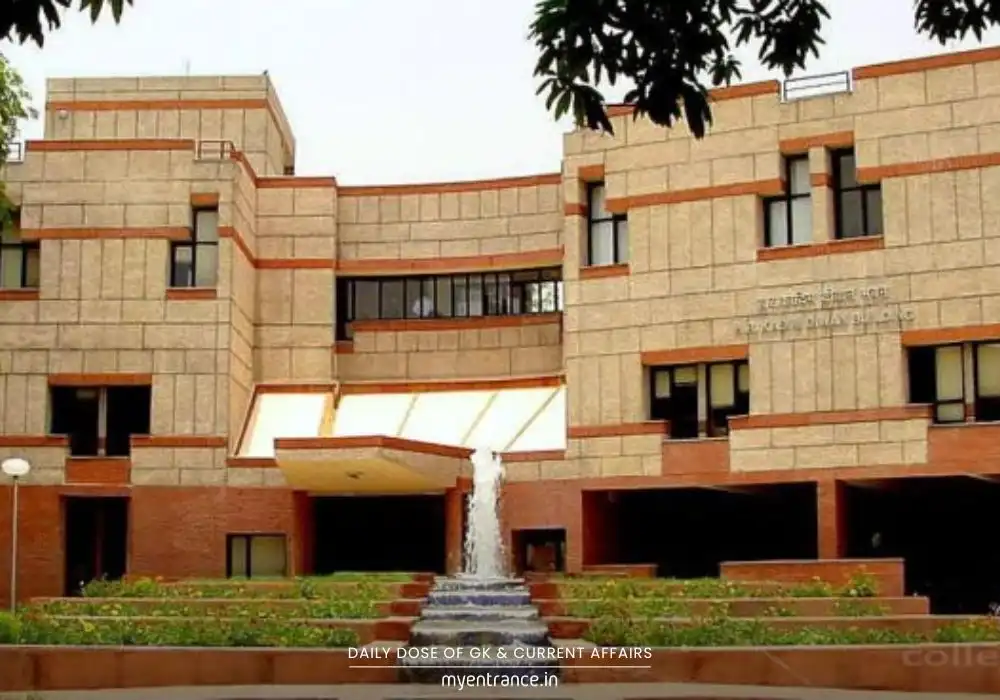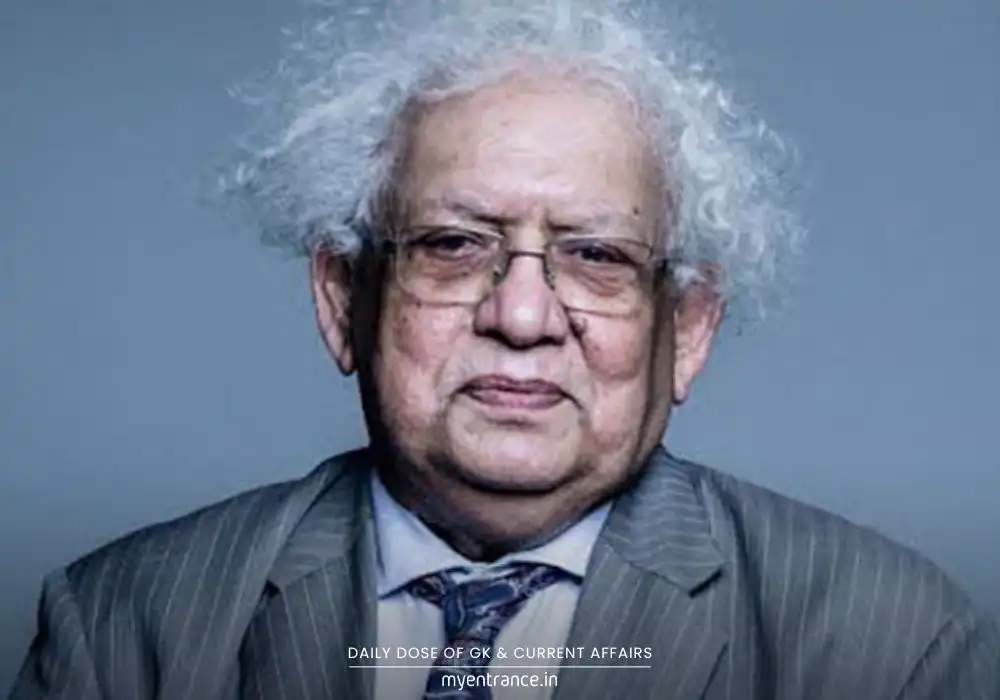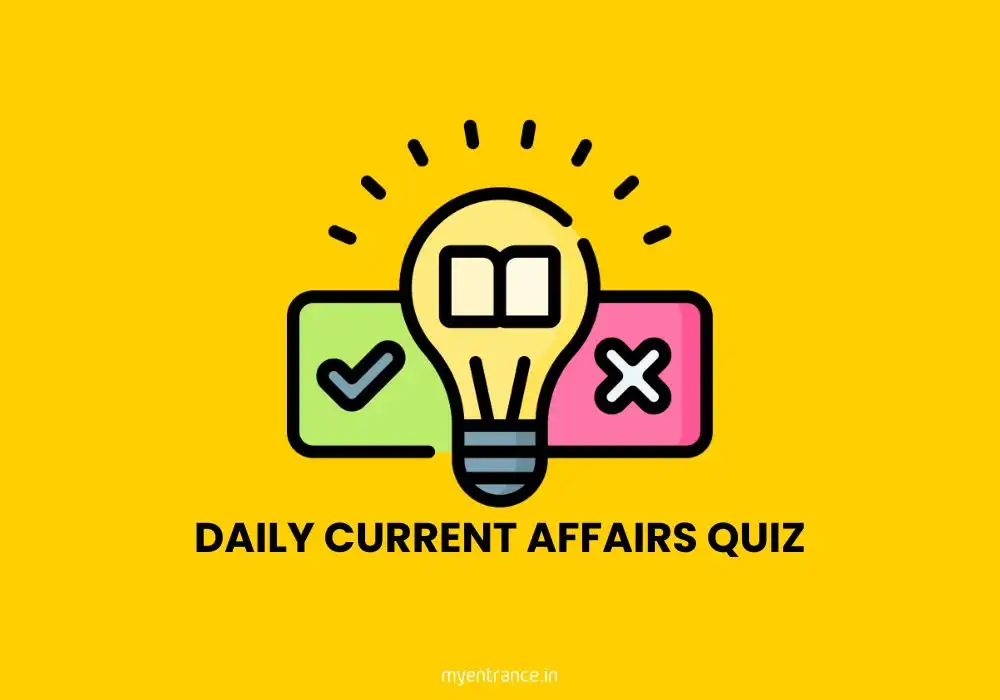Translate Language
How is IIT Kanpur Becoming India’s First AI-First Campus?
IIT Kanpur is undergoing a radical transformation, aiming to become India’s first “AI-first” campus. From GPS-free drones navigating hostile environments to AI tools detecting student mental health concerns early, artificial intelligence is being woven into every facet of life, research, and governance. Director Manindra Agrawal reveals how they’re balancing innovation with ethics and student well-being.

Forget isolated labs and futuristic concepts. At IIT Kanpur, artificial intelligence (AI) is stepping out of research papers and becoming the campus’s central nervous system. Imagine drones finding their way through treacherous terrain without GPS, guided only by onboard cameras. Picture AI systems scanning online interactions for subtle signs of student distress, flagging potential mental health issues before they escalate. This isn’t science fiction; it’s the reality of IIT Kanpur’s bold mission to become India’s definitive “AI-first” institution.
Spearheading this transformation is Director Manindra Agrawal, who emphasizes a focus on nation-building through the newly launched Wadhwani School of AI and Intelligent Systems. The vision? To establish IIT Kanpur as a superhub where AI drives impactful solutions:
GovTech for Uttar Pradesh: Building a comprehensive AI-powered health stack integrating patient, hospital, and doctor data statewide.
Smarter Governance: Deploying an intelligent grievance redressal system already active in key offices, including the PMO.
Sustainable Cities: Leading an AI Centre of Excellence using AI for optimizing electricity, managing traffic, and controlling pollution in urban spaces.
What’s Next on the AI Horizon?
The innovation pipeline is bursting with projects poised to make a global impact:
Autonomous Drones in Hostile Zones: A flagship project where drones navigate without satellite or remote signals, relying purely on visual feedback. This critical tech, developed jointly by Electrical Engineering and Computer Science faculty under the Wadhwani School, has strong backing from defence and industry partners.
Predicting Natural Disasters: Developing AI systems capable of early detection for natural calamities, enabling crucial preventive actions.
AI for Student Well-being: A Delicate Balance
Recognizing the pressures students face, especially post-COVID, IIT Kanpur is proactively leveraging AI for mental health:
Early Warning Systems: Faculty from Biosciences and Cognitive Science are creating tools to detect psychological distress signals through online behaviour patterns, aiming for deployment this year.
Movement Data Insights: Exploring the use of anonymized movement data (like prolonged room isolation) to identify students needing support, while rigorously addressing privacy concerns inherent in the campus’s famously open and unrestricted environment.
Student-Centric Approach: Agrawal stresses that student committees are integral to shaping all well-being initiatives, ensuring solutions respect student comfort and freedom.
Tackling the AI Elephant in the Classroom: Cheating vs. Assistance
One of the biggest challenges Agrawal identifies is AI misuse in academics:
The Blurred Line: The ease with which students can use AI to generate assignments or theses risks genuine learning. The key distinction? Using AI to refine your own ideas (language, structure) is acceptable; letting AI generate the core ideas crosses into plagiarism.
Detection Dilemma: Current tools spot AI-generated text but can’t judge the originality of thought. This gap necessitates better mechanisms to help faculty differentiate between ethical assistance and dishonesty.
Evolving Education for the AI Age
Agrawal believes curriculum overhaul is non-negotiable:
Core AI Literacy: Plans are underway for a mandatory course teaching all students – not just tech specialists – how to responsibly and effectively use AI tools within their disciplines (e.g., simulation in engineering, modelling in social sciences).
Accelerated Updates: Ditching the traditional 10-year curriculum revision cycle, a committee will review and update courses by next month, acknowledging AI’s rapid evolution.
AI’s Reach: From Humanities to Administration
AI’s integration extends far beyond tech departments:
Humanities & Social Sciences: AI is both a subject (studying its societal/psychological impact) and a tool (modelling complex social phenomena previously too intricate to analyse).
Streamlining Campus Admin: The goal is an “AI-first” administration. Imagine AI assistants auto-filling purchase forms, tracking approvals, and highlighting bureaucratic delays, saving faculty valuable time and boosting transparency.
The Unreplaceable Core: IIT Kanpur’s Culture
Despite this tech infusion, Agrawal asserts one thing remains irreplaceable: The campus’s unique culture of openness, flat hierarchy, and unparalleled student freedom. Technology will augment, but never supplant, this foundational ethos.
Investing in Mental Wellness: A Post-COVID Priority
Acknowledging a significant rise in student mental health concerns, IIT Kanpur is doubling down:
Dedicated Centre: Establishing a Centre for Mental Wellness led by a full-time psychiatrist.
Expanded Support: Currently staffed with 9 full-time counsellors and 3 part-time psychiatrists, with resources scaling as needed.
Safe Reporting: Crucially, an external expert committee is being set up. Students can report concerns directly to the Director, bypassing campus faculty entirely, ensuring confidentiality and encouraging students to seek help without fear.
Get 3 Months Free Access for SSC, PSC, NIFT & NID
Boost your exam prep!
Use offer code WELCOME28 to get 3 months free subscription. Start preparing today!















